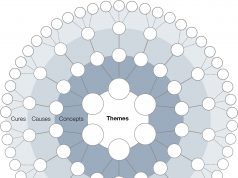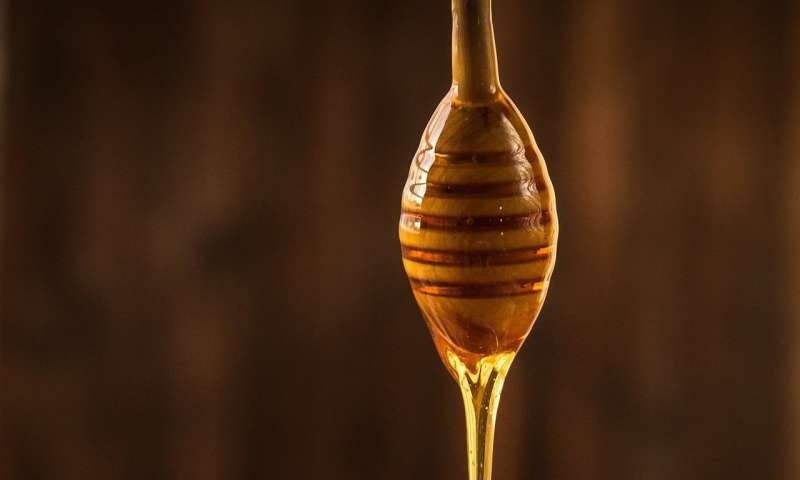Customers rarely post on a brand’s page on their own and typically only see a fraction of a brand’s Facebook content unless they are targeted with paid advertising. Image Credit: Flickr/Global Panorama
Social media managers who think that simply building up followers on Facebook is enough to boost a brand’s sales may not “like” a new Tulane University study featured in Harvard Business Review.
Turns out, Facebook likes don’t work the way most brand managers think. Likes alone don’t drive purchases. If companies want to convert social media fans into more active customers, they have to engage them with advertising, said lead author Daniel Mochon, assistant professor of marketing at A. B. Freeman School of Business at Tulane University.
“When we think of Facebook, we think of it as a very social platform. Most companies think that those social interactions will lead to more customer loyalty and more profitable customers,” Mochon said. “That’s not necessarily the case. Customers rarely post on a brand’s page on their own and typically only see a fraction of a brand’s Facebook content unless they are targeted with paid advertising”
Mochon, Janet Schwartz, Tulane assistant professor of marketing and Dan Ariely of Duke University worked with Karen Johnson, deputy general manager of Discovery Health, to design a study using the Facebook page of the insurance company’s wellness program Discovery Vitality. Consumers can earn points for engaging in healthful behaviors, such as exercising, and redeem those points into rewards.
The team wanted to find out if getting customers to like Vitality’s page would spur them to earn more health points. They invited new customers to take a survey and randomly invited them to like Vitality’s Facebook page. Those who weren’t invited served as a control group.
Find your dream job in the space industry. Check our Space Job Board »
The team monitored both groups for four months and found no difference in reward points earned, suggesting that liking the page and being involved in its social community weren’t enough to change behavior. Vitality then paid Facebook to display two posts per week to the liking group for two months. That group earned 8 percent more reward points than those in the control group.
Authors suspect that the ads were effective because they were more likely to reach customers. Facebook’s algorithm filters content by users’ preferences and activities. When a company posts content, there’s no guarantee it will make it into their followers’ timeline unless it’s boosted content.
“To our knowledge this is the first causal demonstration of the effect of Facebook page liking on customer behavior — specifically behavior that takes place offline,” Schwartz said. “The results suggest that Facebook pages are most effective when they are used as a form of traditional advertising rather than as a platform for social interactions.”
The full study, “What are likes worth? A Facebook page field experiment,” is online and pending publication in the Journal of Marketing Research.
Source: Tulane University
Research Reference:
Daniel Mochon, Karen Johnson, Janet Schwartz, Dan Ariely. What Are Likes Worth? A Facebook Page Field Experiment. Journal of Marketing Research, 2016; jmr.15.0409 DOI: 10.1509/jmr.15.0409











